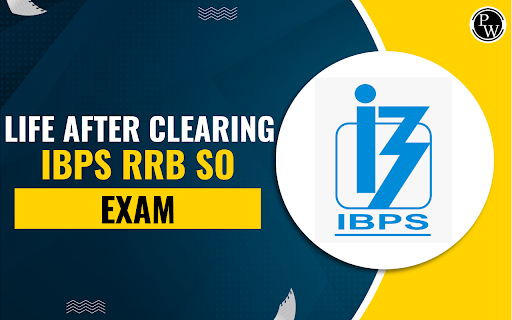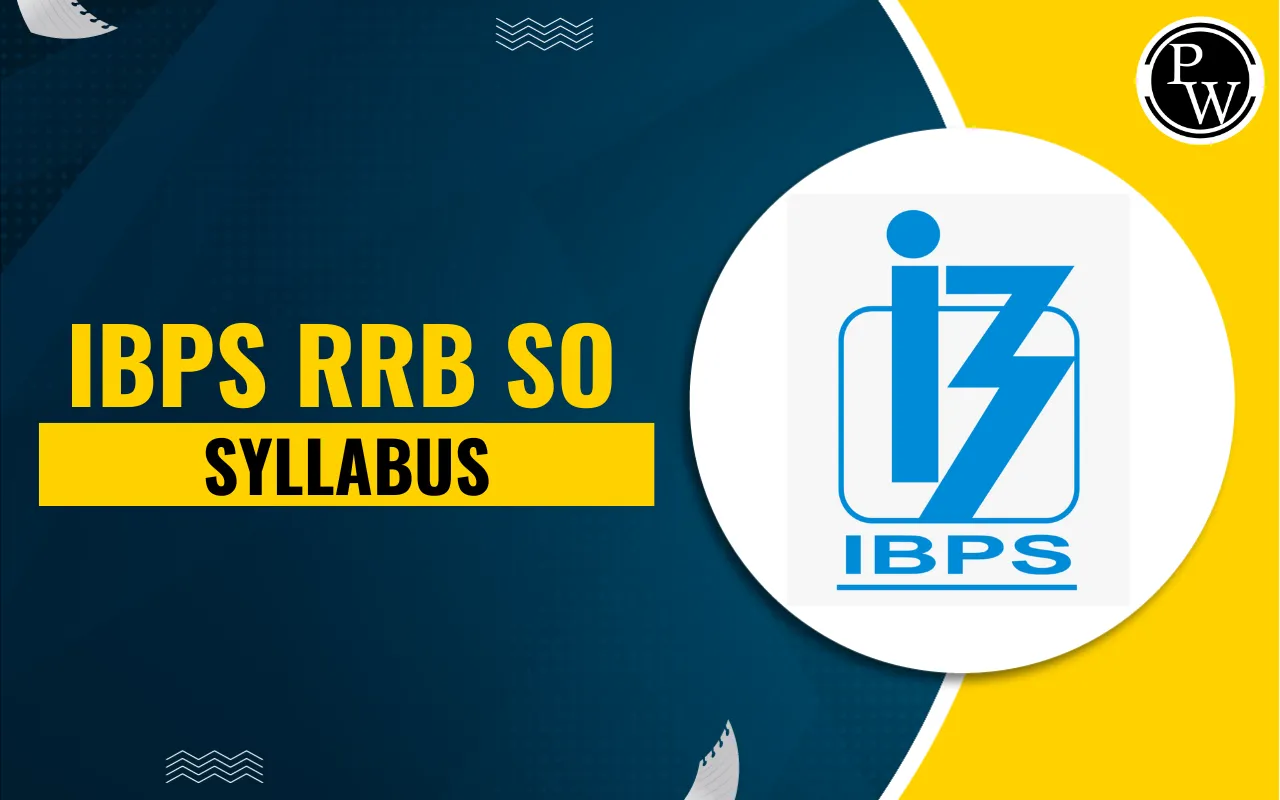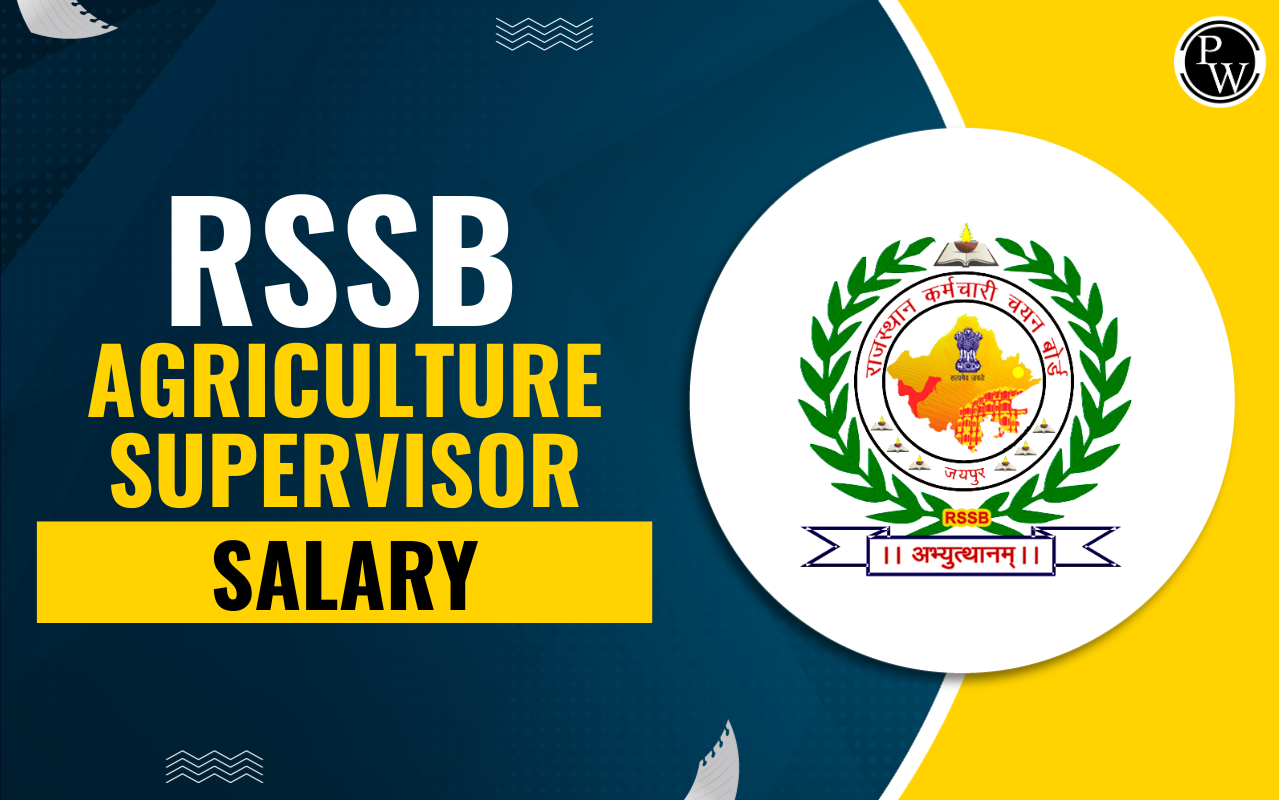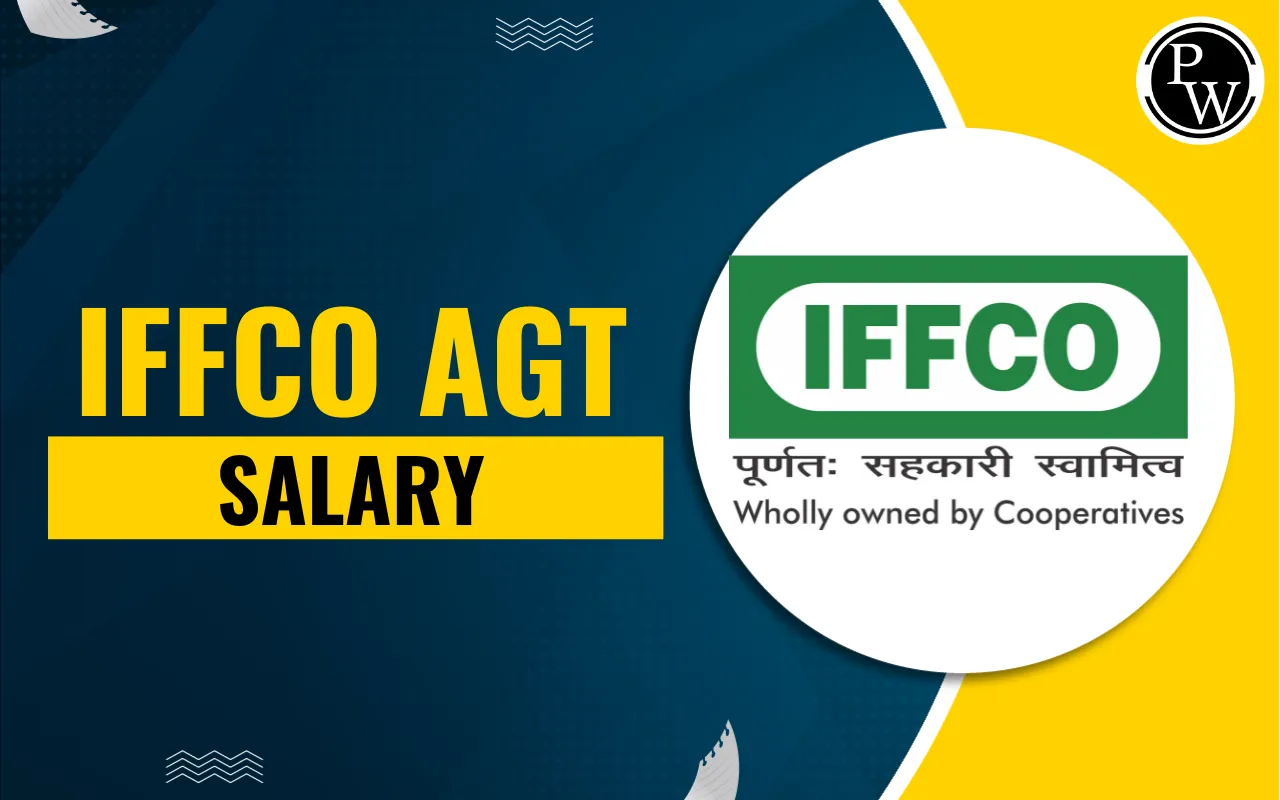
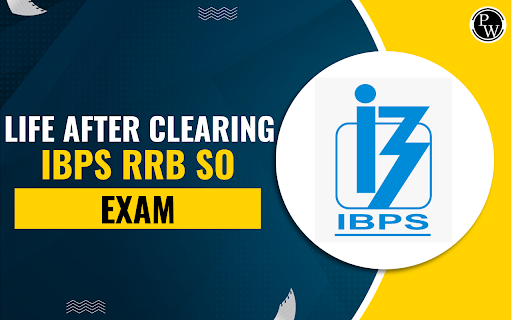
Life After Clearing IBPS RRB SO Exam: Clearing the IBPS RRB Specialist Officer (SO) exam gives you a chance to start a safe and respected banking job in Regional Rural Banks. After selection, candidates get to work in rural and semi-urban areas, where they handle important responsibilities. The job offers a mix of learning, challenges, and meaningful service. It also gives many opportunities for growth and development in the banking field.
Life After Clearing IBPS RRB SO Exam
After clearing the IBPS RRB SO exam, candidates are appointed as Specialist Officers in Regional Rural Banks. They mainly work in rural and semi-urban areas, helping people with banking services. This job gives them job security, social respect, and the chance to support rural development. However, working in these areas can come with challenges like limited facilities and lifestyle changes. Still, it is a meaningful job that helps improve the lives of rural communities.
Also Check: IBPS RRB SO Exam Date 2025
Job Profile and Work Environment
An IBPS RRB Specialist Officer (SO) works in specific fields like IT, Agriculture, Law, Marketing, or Treasury. Their job is to help with rural development projects and manage tasks related to their field. They make sure all work follows banking rules. These officers often work with villagers, local officials, and community groups. This gives them real experience in banking at the village level. The job is meaningful and involves a lot of local interaction.
Work Life Balance and Social Impact
RRB jobs offer fixed working hours, which helps maintain a balance between work and personal life. The workload is usually not too heavy, making it less stressful. These officers help bring banking to rural areas and support government schemes. Their work directly helps people in villages live better lives. So, the job is not only peaceful but also makes a big difference in society.
Also Check: IBPS RRB SO Eligibility Criteria 2025
Advantages and Disadvantages After Clearing IBPS RRB SO Exam
Like any government job, the life of an IBPS RRB SO has both positives and negatives. Understanding these can help aspirants make informed career decisions.
-
Advantages
Here are the advantages after clearing the RRB IBPS SO exam:
1. Attractive Salary and Allowances
IBPS RRB SOs enjoy a competitive salary package, including basic pay, Dearness Allowance (DA), House Rent Allowance (HRA), travel, and medical allowances. Perks like pension, provident fund, and concessional loans add to financial security.
2. Job Security and Stability
As a government job, the position offers high job security with minimal risk of layoffs, ensuring peace of mind for employees and their families.
3. Work-Life Balance
Work in RRBs is generally less stressful than in commercial banks, with fixed working hours and a manageable workload. This allows for a better work-life balance and more time with family.
4. Local Postings and Community Impact
Most postings are in rural or semi-urban areas, often close to the employee’s home state. This reduces relocation stress and allows officers to contribute meaningfully to local communities by promoting financial inclusion and supporting government schemes.
5. Career Growth and Promotions
Promotions are possible through departmental exams and seniority, with a clear path from Specialist Officer to higher managerial roles. The smaller organizational structure in RRBs can mean quicker promotions compared to larger banks.
6. Social Respect and Job Satisfaction
Serving as a government officer in rural areas brings social prestige. Officers often have a direct role in improving the lives of farmers, small business owners, and the rural population, leading to high job satisfaction.
7. Additional Benefits
Other perks include generous leave policies, medical benefits, and opportunities for professional development through workshops and training sessions
-
Disadvantages
Here are the disadvantages after clearing the RRB IBPS SO exam:
1. Limited Urban Exposure and Facilities
Postings are mostly in rural or semi-urban areas, which may lack modern amenities, entertainment options, and advanced infrastructure found in cities. This can be a significant adjustment for those accustomed to urban lifestyles.
2. Slower Career Growth Compared to Nationalized Banks
While promotions are possible, the growth path can be slower and more localized than in nationalized or private sector banks, which offer broader exposure and opportunities for specialization or overseas postings.
3. Repetitive Work
The work profile can become monotonous, focusing on agricultural and rural banking products with less variety than in urban or corporate banking roles.
4. Fewer Transfers
While local postings can be an advantage, they can also limit opportunities for relocation or exposure to different regions and banking environments.
5. Resource Constraints
RRBs often operate with limited staff and resources, which can increase workload during peak times and restrict access to cutting-edge technology or large-scale projects
Career Growth and Promotion
IBPS RRB SOs can grow in their careers through internal exams and good performance. They usually start as Specialist Officers and can become Managers, then Senior Managers, and later take up top posts in regional banks. The promotion process is regular but may be slower compared to city or national banks. Still, dedicated officers have a good chance to move up. With time and effort, they can reach high posts within the rural banking system.
Life After Clearing IBPS RRB SO Exam FAQs
What is the job profile of an IBPS RRB SO?
What is the starting salary of an IBPS RRB SO?
What are the main allowances given to IBPS RRB SO employees?
What is the career growth path after becoming an IBPS RRB SO?
Where are IBPS RRB SOs usually posted?

